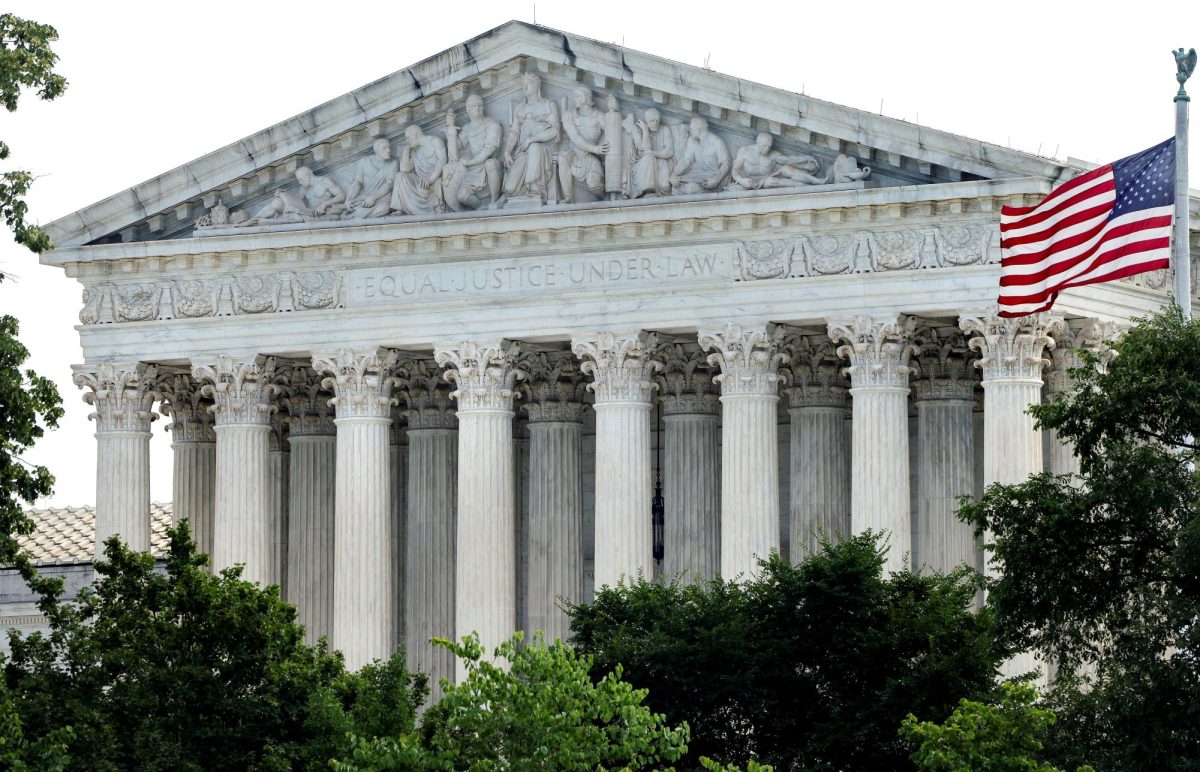The SAT is constantly changing. At least that’s what CHS counselor Kelly Maveal thinks. And for the class of 2025, that change is fundamental: the platform itself.
On March 11, the junior class met in the Craft Theater to learn about these changes.
“We are committed to giving you a great testing environment and all the information you need to feel comfortable on that day,” Dean Rebecca Westrate said as she opened the meeting.
Throughout the period, juniors learned about the SAT and the ins and outs of test preparation.
While Westrate sees the flaws in standardized testing, she recognizes that it plays a significant role in the school system.
“Even if this isn’t the most fun, it’s important,” Westrate said. “So we’re going to do it.”
Simultaneously, Westrate doesn’t believe these scores alone necessarily define college admissions.
“The college process is a lot more individualized,” Westrate said. “Taking the test is only one component of a bigger picture.”
There are also other dualities involved in the SAT process. Fluctuating privilege is arguably the most significant, according to Westrate. Some students can afford hours of tutoring and infinite retakes, but that isn’t the case for everybody. The power rooted in the SAT is not unintentional.
“Colleges are for-profit institutions,” Westrate said. “College Board is a business.”
Maveal works with businesses like College Board almost daily. But even so, she believes that each student has a different path, a path the SAT may or may not serve.
“Brian and I always say to students that there are 132 of you and there are 132 different paths to a successful future,” Maveal said. “I think there is a lot of pressure within this town that there is this gold standard route to take and I will push back on that to this day.”
As the SAT evolves, Maveal recognizes the pressure students feel to set themselves apart from their peers. Especially in thriving academic communities like Ann Arbor, Maveal sees students viewing high grades as an expectation, not a reward. With high grades becoming more common, diversity in transcripts is less of a factor in college admissions.
Because of this, Maveal believes that SAT scores are becoming increasingly relevant for college applications. With that reality comes extra stress for students trying to achieve impressive scores. As pressure-filled as it seems, the SAT has become more useful in matching students to their universities. In fact, certain schools, such as Yale University and Dartmouth College, have recently announced that they will require students to submit standardized test scores in their applications in upcoming years.
But at the end of the day, Maveal sees the SAT as just another test score—one test that shouldn’t define a student.
“There’s so much pressure to shine and differentiate for students, let alone district or state-wide,” Maveal said. “But there’s so many factors that schools consider and I want students to know that they don’t need to place too much weight on one single test score.”












